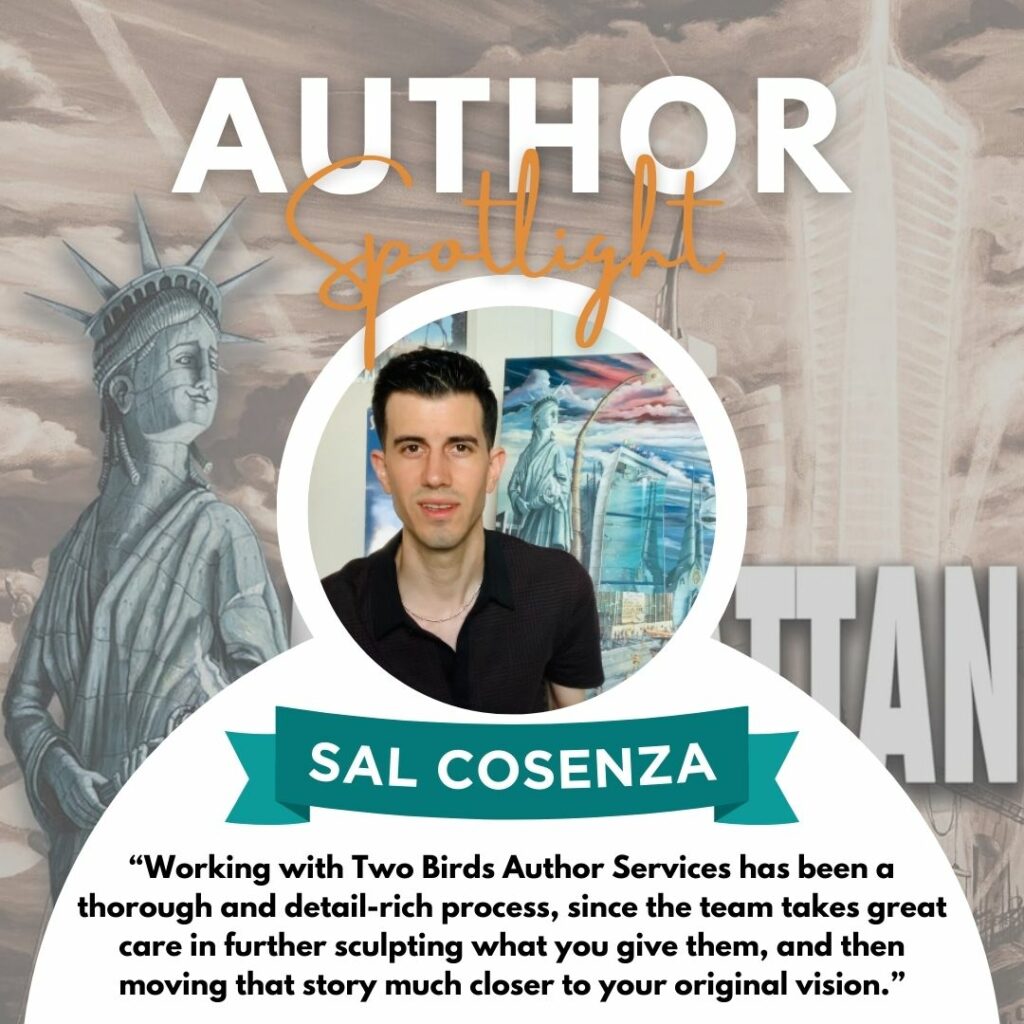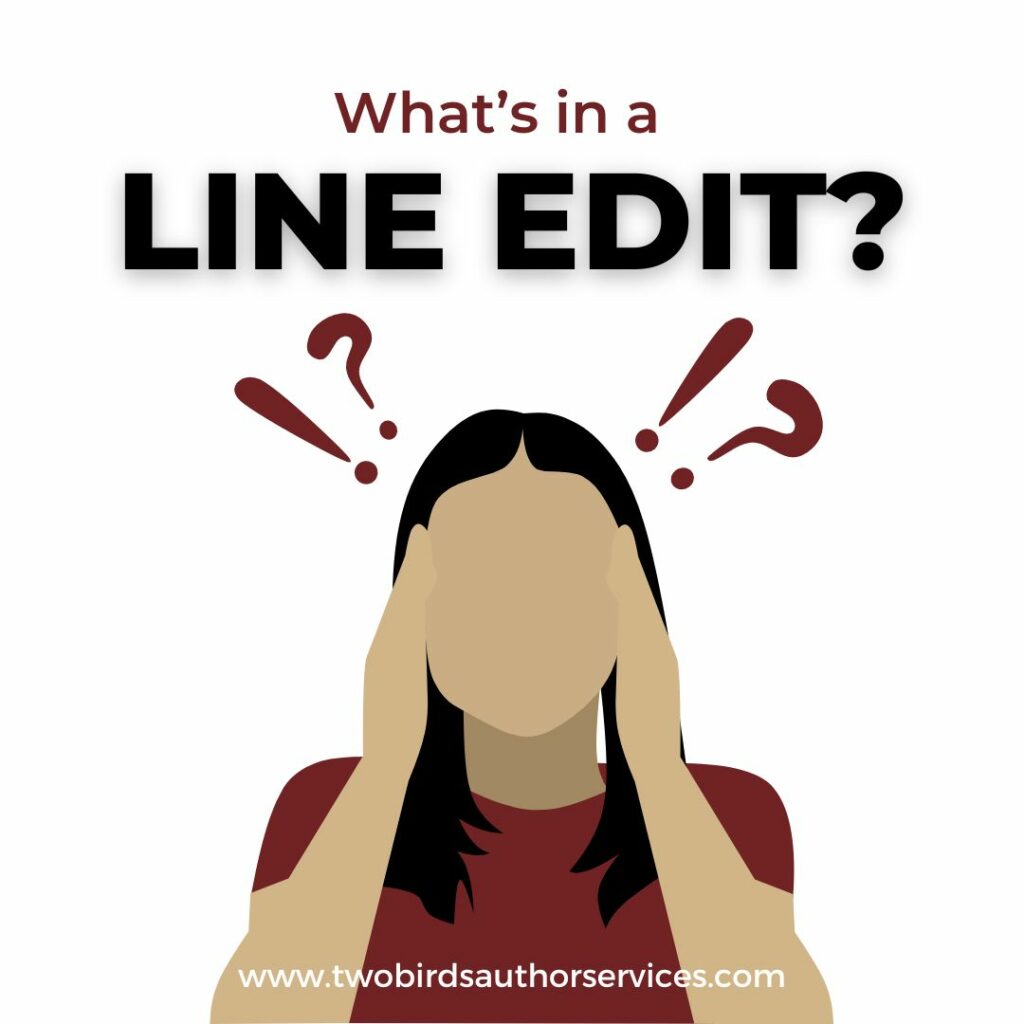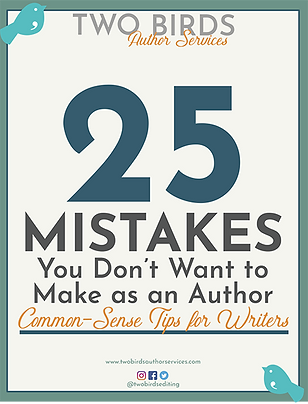WRITE A RICHER STORY FOR YOUR READERS

How many people do you know who think and sound exactly the same? (Not counting gaggles of tweens or crypto bros.)
n
The answer we’re looking for here is “not many.”
n
This seems obvious, right? We each have unique filters through which we see life, and those filters affect how we interact with the world around us. My filter is different from yours, because you’re coming from your own set of experiences. The contrasts between these filters, and/or the similarities we share, are what make life rich. Or, in the case of your novel, that’s where strong character voices come from.
nn
The question is … Are you keeping this in mind as you write your book?
nn
Each character in your book should have a unique voice and personality. How come? Because if you don’t, they all feel the same. Your reader might even have trouble telling some characters apart if they sound to similar to each other.
n
If you don’t create unique filters for your characters, you’ll be writing your entire book through your filter, and your readers will pick up on this faster than you can say TBR Pile.
n
Dialogue and “filter switching”
If your book is written from one POV, you have one narration voice that can stay consistent through the story. The times where you’ll want to be sure you’re creating unique voices for characters is when they speak to each other. If your main character is having a conversation with her nemesis, you can use dialogue to shed light on their unique viewpoints.
n
Consider the scene. Do you want to emphasize the character’s differences or similarities? Do you want to show harmony or tension? How would your MC approach the scene from her unique filter, through which she sees her life?
n
Switch POVs, switch filters
If you’re alternating between various points of view (i.e., switching between the POVs of two love interests in a romance or between your hero and villain in a mystery thriller), this is especially important. You are telling one story from two or more different points of view. You’re showing your reader a love story through the filter of your heroine, and showing the other side of the same coin through the eyes of your hero.
n
But what’s the point of going to all that trouble if each of your POVs sound the same? Each time you switch POVs as you’re writing, remember to switch to that character’s unique view of what’s happening in your story. Remember, they are the one telling the story … not you.
nn
Let’s look at a few ways you can ensure your book has unique character voices.
n
Write character profiles
Put in some time before you start drafting your book to create character profiles. This goes beyond listing hair color, height, profession, etc. Here are some ideas to start with.
- n
- Is there some big event earlier in their life that affects them now? Maybe your male lead always skeptical because his mom tried to trick him into drinking cod liver oil when he was three. Maybe your MC’s bff is always looking at the bright side of life because she had optimistic parents. Maybe your antagonist is apprehensive of clowns. Whatever you come up with, write it down.
- Do any of your characters have unique speech patterns? Maybe one guy always says “Dude!” Perhaps one woman calls everyone “honey.” Or maybe someone turns every sentence into a question? As long as you ascribe these quirks to one character—and not all of them—you’re adding depth.
- Do some characters have a “thing?” Think of Sheldon from Big Bang Theory. He always needs to sit in his spot. He doesn’t understand sarcasm. The tension—and in this case, humor—comes from these “things” that affect his unique filter so much that it causes strife as he interacts with the world around him.
- Can you give a few people unique body language? Perhaps one character always crosses her arms when she talks, or looks at the sky when she’s lying.
n
n
n
n
Write some practice imaginary scenes between key characters
Spend some time writing a few simple interactions between your characters. It doesn’t have to be anything fancy—maybe they’re going grocery shopping together. Keep everything in mind that you created in your character profiles as you write and see what happens!
n
Depending on the context, it’s okay to exaggerate some of your character’s traits sometimes (again, think Sheldon). Exaggeration can be helpful during this process to help you fully develop your characters.
nn
Remember to “be” the character whose POV you’re writing from.
n
When you’re writing from your MCs POV, you’re not you, you’re him! Ultimately, we are all in our characters to some extent, but the less you can interject your speech patterns and your tendencies, the better.
n
How can you tell if you’re doing this? Look for words or sentence phrasing that gets repeated a lot. Let’s say you write a practice scene and see the word “fantastic” several times. Are both characters using this word? If so, that’s probably one of your catch words, not theirs. If only one character is using it, then it can be their word. And presto! You’ve created more unique characters.
n
Let them find their own words.
n
Note: there may be times when characters share certain traits on purpose. That’s okay! There are times they might need to share. Just be sure you haven’t done it accidentally. If you have, go back and rewrite the characters to sound more different.
n
Document everything!
If you’ve done some planning to be sure your characters sound different from each other, there’s an excellent chance you’ll take that forward with you as you start drafting, and you’ll be ahead of the game. However, some issues may not pop up until you’re well underway. Be sure to add or change your character profiles as you write your book, and then put your revised profile in your Series Bible so you’ll have it for future reference. This can be crucial for writing a series.
nn
Remember, it’s in the purposeful contrast or compliment of your characters personalities that you’ll find the depth you want to convey. Well-thought-out, unique characters make for interesting, rich books. And we can’t wait to read yours.
nnn
Have questions about the editing process? We’d love to chat with you and help you figure out your next steps. ,Contact us to set up a free sample edit.
nn
Sign up to receive our monthly newsletter, full of more helpful info and special deals!
n




